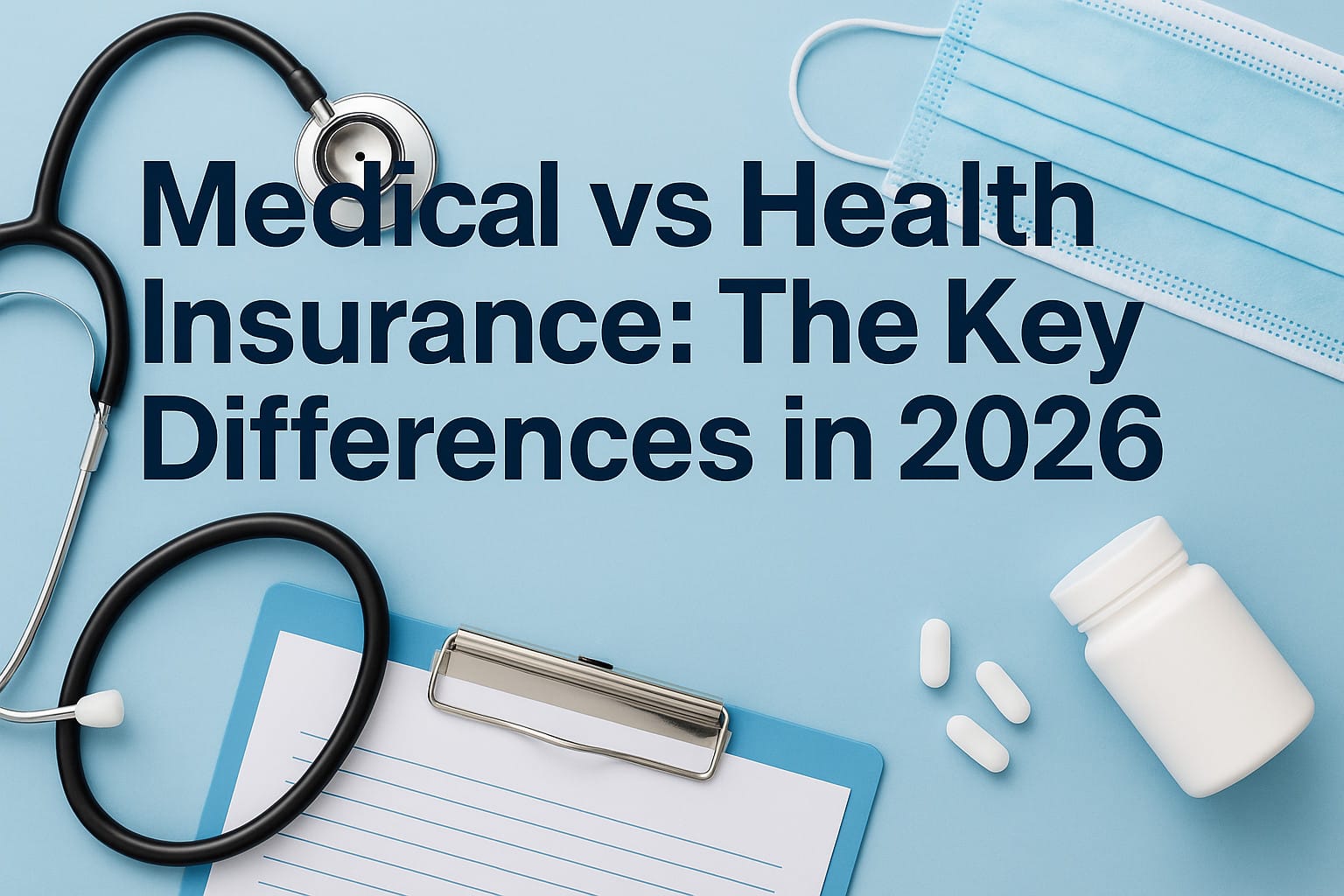Health insurance is very important because it helps you pay for unexpected medical bills and ensures you can get good healthcare. But if your health insurance policy lapses, meaning you didn’t pay your premium on time, it can leave you with big costs and even lead to your insurance not covering any existing health issues. Knowing what to do if this happens is crucial, especially in the UAE, where health insurance is required by law.
In the UAE, this can cause serious money problems and legal issues, especially if you need medical care without coverage. This guide will show you the steps to take if your health insurance policy lapses in the UAE so you can get your coverage back and avoid any problems.
What does it mean when a health insurance policy lapses?
A lapse in a health insurance policy happens if you don’t renew your health insurance before it ends. This means your health insurance coverage will stop. Once the policy lapses, you no longer have any coverage. If you try to claim after the policy lapses, the insurance company won’t pay anything because the coverage has ended.
What to do when your health insurance policy lapses?
- If your health insurance expires, pay the renewal fee quickly.
- This will help you restart your plan with the same coverage and benefits.
Extra time to renew (Grace period):
- Most plans give you an extra 30 days to pay after the policy expires, called a “grace period.“
- If you pay within the grace period, your policy will restart, and you’ll keep the existing benefits.
Note:
- You don’t have coverage during the grace period.
- If you need medical help during this time, the insurance company won’t cover the costs.
How to get your health insurance policy back in the UAE?
- Find out why your policy lapsed: Figure out why it stopped so you can avoid it happening again.
- Contact your insurer: Call your insurance company immediately to discuss how to reinstate your policy.
- Check the grace period: Reinstating your policy will be easier if it is still within the grace period.
- Submit necessary documents: Give any required documents to your insurance company to restart your policy.
- Pay outstanding premiums: Pay any overdue amounts, including any late fees, if there are any.
- Look at new policies: If you can’t get your old one back, compare new ones to find the best one.
Simple steps to avoid letting your health insurance expire the next time:
- Make sure your email address and phone number are updated with your insurance company so you don’t miss any renewal reminders.
- You can even set up automatic payments from your bank account or credit card. This way, your renewal will be processed automatically, even if you’re busy or out of the country.
With the evolving technology around us, renewing your insurance is easy. With just a few clicks, you can do it through net banking, phone banking, or apps.
What’s the final takeaway?
A health insurance policy in the UAE is only helpful if it supports you when needed. It can be stressful when your health insurance policy lapses, but knowing the steps can help restore coverage quickly and avoid potential complications. By staying proactive and informed, you can ensure continuous protection and peace of mind for you and your family.
So, if you receive calls or emails from your insurance company about your policy renewal, pay attention and act quickly to maintain your coverage and benefits. For expert advice and easy access to the best options in the UAE, InsuranceMarket.ae, a leading insurance provider, offers a wide range of plans and guidance to help you stay covered without the hassle.
Need more tips on keeping your health insurance up to date? Visit InsuranceMarket.ae to explore helpful resources and make sure your coverage never lapses.
Want to know more about how to handle your health insurance? Learn about the claim process in the UAE, explore the top insurance companies, or discover how making a cashless claim can simplify your experience—all available on insurancemarket.ae.
Frequently Asked Questions (FAQs):
Q. What happens if your insurance policy expires?
You will no longer have coverage if your policy expires after the grace period. This means no death benefit will be paid. Any money saved in the policy may cover any unpaid premiums.
Q. What is the grace period for insurance policies?
The grace period is the extra time insurance companies give to pay your premium after the due date. It usually lasts about 30 days but can vary by company. Your policy stays active during this time, and you can still claim benefits if you pay within the grace period.
Q. What does it mean when a premium is overdue?
When a premium is overdue, the payment wasn’t made on time. If it’s not paid, the policy will lapse, become inactive, and you will no longer have coverage.







